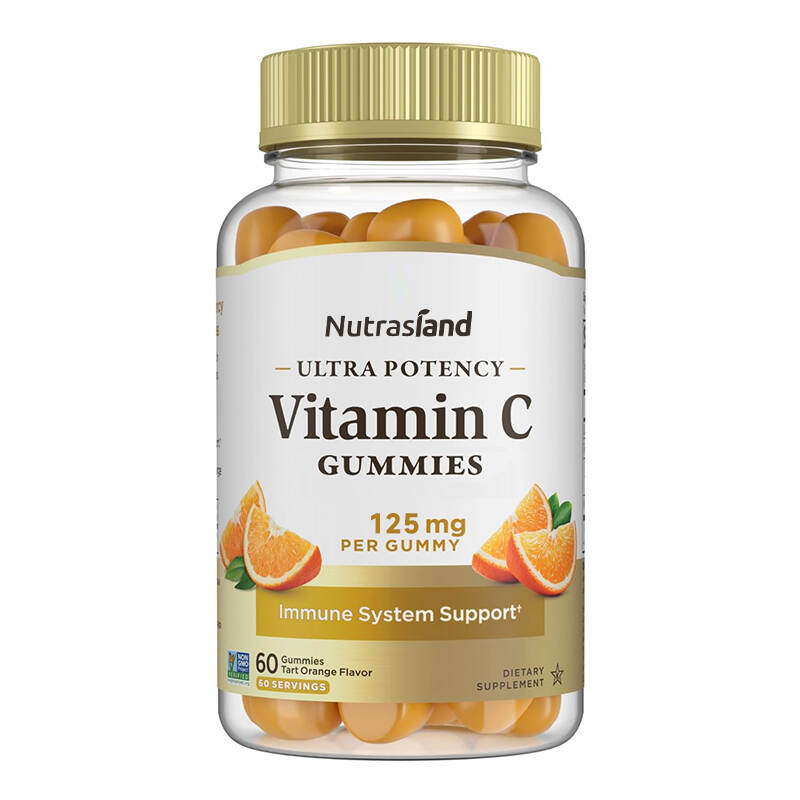Email format error
Email cannot be empty
Email already exists
6-20 characters(letters plus numbers only)
The password is inconsistent
Email format error
Email cannot be empty
Email does not exist
6-20 characters(letters plus numbers only)
The password is inconsistent


The Essential Arthritis Prevention Vitamins You Should Know About
Arthritis is a common condition that affects many people. It causes pain, stiffness, and swelling in the joints. While there is no cure for arthritis, certain vitamins can help prevent it or reduce its symptoms. This blog will discuss the key vitamins that can help protect your joints and prevent arthritis.
What is Arthritis and Why Prevention Matters?
Arthritis includes diseases that cause joint inflammation. The two most common types are osteoarthritis and rheumatoid arthritis. Osteoarthritis happens when joints wear down over time. Rheumatoid arthritis is an autoimmune condition where the body attacks its own joints. Both types can affect your movement and quality of life.
Preventing arthritis is important. While eating well, exercising, and managing weight are essential, some vitamins can help protect your joints.
Top Arthritis Prevention Vitamins
Here are the top vitamins that can help prevent arthritis.
1. Vitamin D: The Foundation for Bone Health
Vitamin D is important for absorbing calcium, which keeps bones strong. Without enough vitamin D, bones can weaken and increase the risk of joint damage. People with low vitamin D levels are more likely to get osteoarthritis or rheumatoid arthritis.
How to Get Vitamin D:
- Sunlight is one of the best ways to get vitamin D.
- Foods like salmon, fortified milk, and egg yolks are rich in vitamin D.
- If needed, vitamin D supplements can help, especially in the winter months.
2. Vitamin C: A Powerful Antioxidant for Cartilage Health
Vitamin C is an antioxidant. It helps protect the body from damage and is important for cartilage. Cartilage cushions the joints, and when it breaks down, arthritis can develop. Vitamin C also helps the body make collagen, which supports the joints.
Foods Rich in Vitamin C:
- Citrus fruits like oranges and lemons.
- Bell peppers, strawberries, and broccoli are also good sources.
- If you don’t get enough from food, you can take a vitamin C supplement.
3. Vitamin E: A Vitamin That Reduces Joint Inflammation
Vitamin E is another antioxidant that reduces inflammation. Inflammation can harm the joints, and vitamin E helps control it. Some studies show that vitamin E can slow down rheumatoid arthritis by regulating the immune system.
Vitamin E Sources:
- Almonds, sunflower seeds, and spinach have a lot of vitamin E.
- You can also get it from vegetable oils like sunflower and olive oil.
4. Vitamin K: Essential for Joint Mobility
Vitamin K helps control calcium in the body. It makes sure calcium goes to the bones, not the joints. Low levels of vitamin K can cause cartilage loss in the knee, which is common in people with osteoarthritis.
How to Include Vitamin K in Your Diet:
- Leafy greens like kale, spinach, and broccoli are rich in vitamin K.
- Fermented foods like natto are also good sources.
5. Folate (Vitamin B9): Supporting Tissue Repair and Regeneration
Folate (also called vitamin B9) helps the body repair and regenerate tissue. It is needed for making new cells, which is important for joint health. Studies show that getting enough folate can reduce the inflammation that comes with rheumatoid arthritis.
Sources of Folate:
- Leafy greens, beans, peas, and lentils are great sources.
- You can also find folate in fortified cereals and orange juice.
6. Vitamin B6: Reducing Inflammation in the Joints
Vitamin B6 helps reduce inflammation in the body, including the joints. It supports the immune system and can lower the inflammation in arthritis. People with arthritis who don’t get enough vitamin B6 might have more severe symptoms.
Foods Rich in Vitamin B6:
- Chickpeas, potatoes, and turkey are good sources of vitamin B6.
- Other sources include bananas and fortified cereals.
7. Vitamin A: Helping with Immune Function and Cartilage Health
Vitamin A is known for helping with vision, but it also helps the immune system. It keeps the immune system working properly and helps maintain cartilage, which protects the joints. Adequate vitamin A levels can reduce joint inflammation and prevent cartilage breakdown.
Sources of Vitamin A:
- Liver, carrots, sweet potatoes, and dark leafy greens are rich in vitamin A.
The Role of Arthritis Prevention Vitamins in Joint Health
These vitamins work together to support joint health. They strengthen bones, reduce inflammation, improve cartilage repair, and protect the body from damage. By getting enough of these vitamins, you can help prevent arthritis or reduce its effects.
Taking these vitamins as part of your daily routine, along with eating a healthy diet, exercising, and managing your weight, can make a big difference in joint health.

Should You Take Supplements for Arthritis Prevention?
It’s best to get your vitamins from food, but supplements can help if you aren’t getting enough from your diet. For example, people with little sun exposure may need a vitamin D supplement. If you have low levels of vitamin B6 or vitamin K, a supplement could help.
Before taking any supplement, check with your doctor to see if it’s right for you.
Other Lifestyle Factors for Arthritis Prevention
Along with taking arthritis prevention vitamins, these lifestyle changes can help reduce the risk of arthritis:
- Exercise: Regular exercise strengthens muscles around the joints and reduces strain.
- Diet: Eating anti-inflammatory foods, like those rich in omega-3 fatty acids, helps reduce arthritis risk.
- Weight Management: Keeping a healthy weight puts less pressure on your joints, lowering the chance of osteoarthritis.

